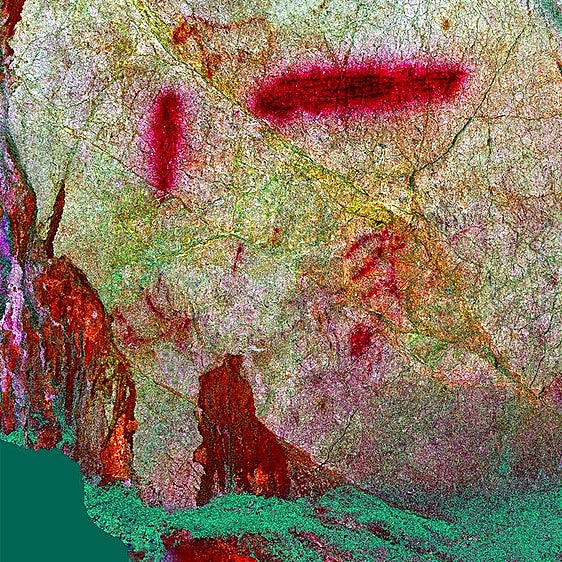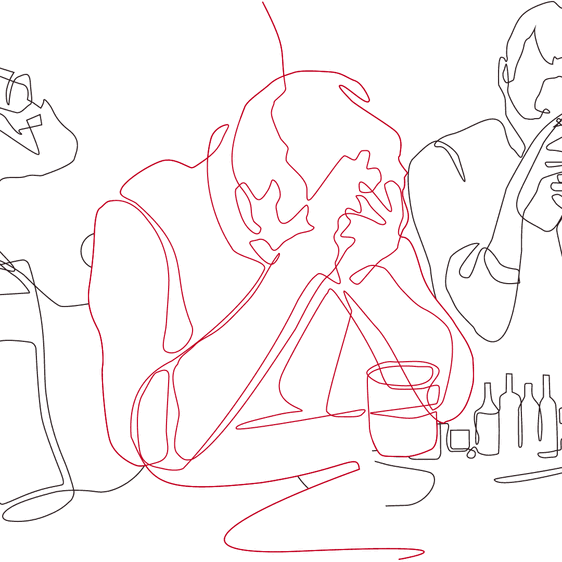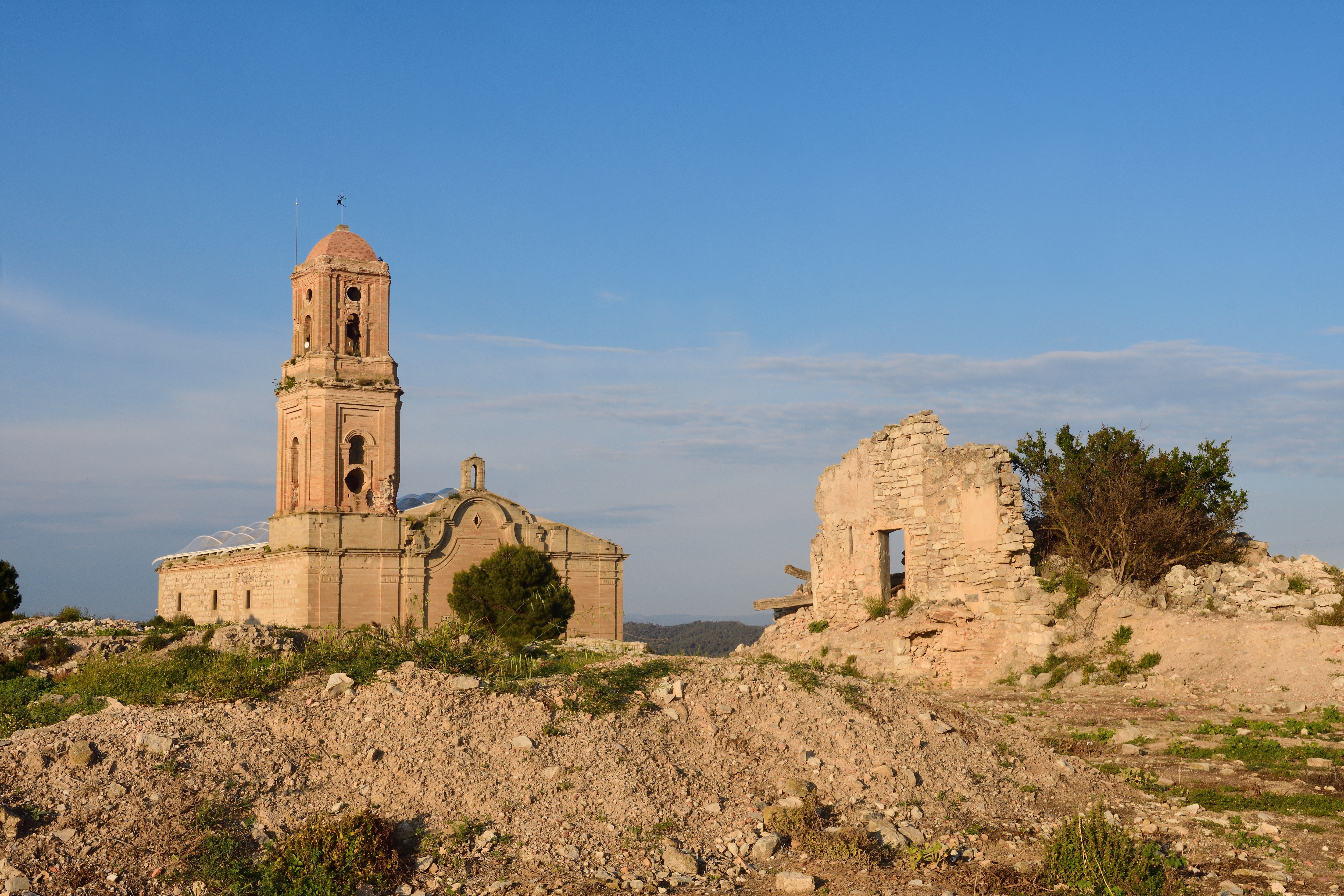Remembering the Battle of the Ebro
The Republic’s final offensive: the longest and bloodiest battle of the Spanish Civil War broke out 86 years ago today
Louise Montefiore
Thursday, 25 July 2024, 15:03
Today marks 86 years since the start of the Battle of the Ebro (25 July - 16 November 1938), the Spanish Civil War’s longest and bloodiest conflict. The Republican offensive was its final shot at victory, and it saw, initially at least, some successes. The British Foreign Office even noted at the time that “the Ebro campaign was without any doubt a great [Republican] Government victory”. How, then, did the battle play such a decisive role in Franco’s victory?
In crossing the river Ebro in Catalonia, Republicans hoped to stop the advance of Francoist troops towards Valencia, to win back Catalan territory, and to prove to the rest of Europe the resilience of the Republic.
The offensive was well-planned, but the magnitude of the air battles at the Ebro was unprecedented. Franco knew that air superiority was crucial to winning this battle - and the war. With the help of Nazi German and Italian air forces, the Condor Legion and the Aviazione Legionaria, that is what he achieved.
The number of killed and wounded at the Ebro was disastrous. Figures vary, with some estimating total casualties on both sides to be as many as 100,000. Despite vast losses for Franco’s Nationalists, the Republican side was devastated.
The failure of the campaign was underlined by the Munich Agreement, signed on 30 September 1938 by Germany, Great Britain, France, and Italy, permitting the German annexation of the Sudetenland. This dashed Republican hopes of aid from Western powers. Catalonia fell into Nationalist hands relatively quickly and, by April, Franco had won the war.
Hemingway at the Ebro
A number of foreign war correspondents, including Ernest Hemingway. were stationed in Spain during the Civil War. At the Battle of the Ebro, several foreign journalists attempted to cross the treacherous river when their boat began to be carried away by the current and into the debris of what once had been a bridge. Hemingway, quickly taking control, managed to get them across safely. His short story, Old Man at the Bridge, is inspired by his experiences at the Ebro.
Long-lasting marks
The devastation to the town of Corbera d’Ebre, in Tarragona, is a sombre reminder of the horrors suffered during the Battle of the Ebro. While parts have been rebuilt, the ruins of the old town have been preserved in memory of the battle. There is a visitor centre in Corbera d’Ebre, ‘115 Dies’, dedicated to remembering the town’s history.
Remembering
As well as this one, there are four other centres and a number of memorials in Catalonia to commemorate victims. Among these are those dedicated to volunteers from the International Brigades, who played a crucial role at the Ebro. On 21 September 1938, the decision to disband the International Brigades was announced by Spanish Prime Minister Juan Negrín.
Before leaving Spain, Sam Wild, Commander of the British Battalion, declared: “The British Battalion is prepared to carry on the work begun here to see to it that our 500 comrades who sleep forever beneath Spanish soil shall serve as an example to the entire British people in the struggle against fascism”.



